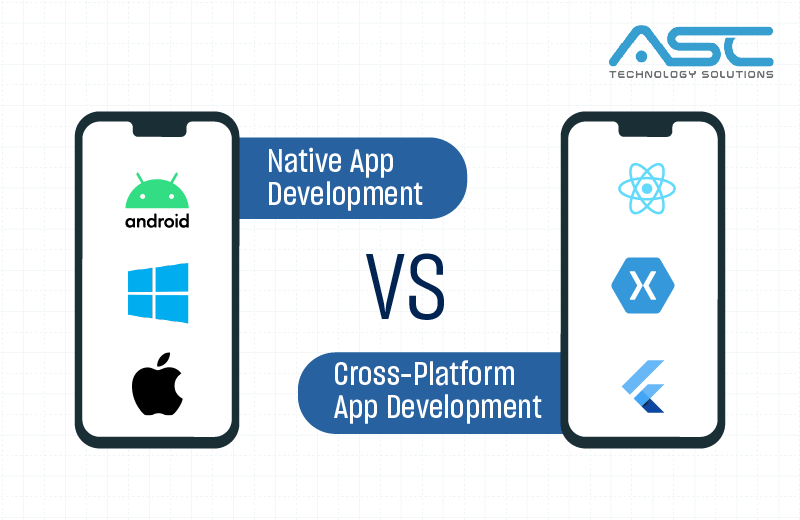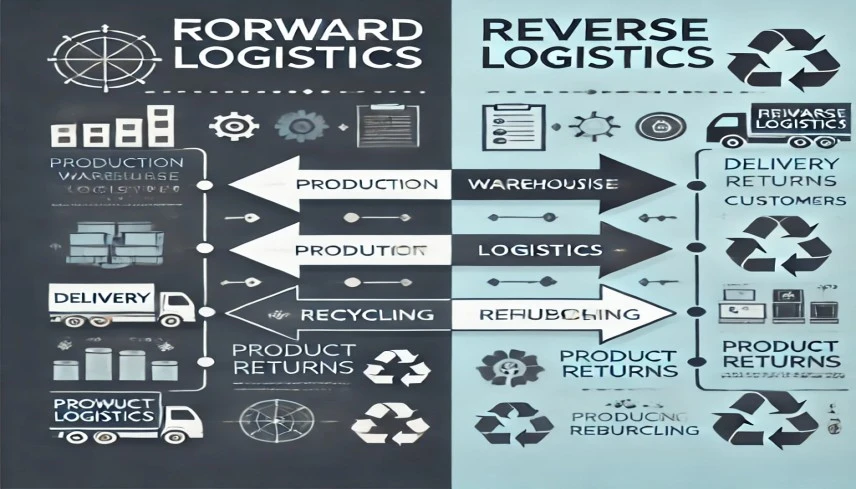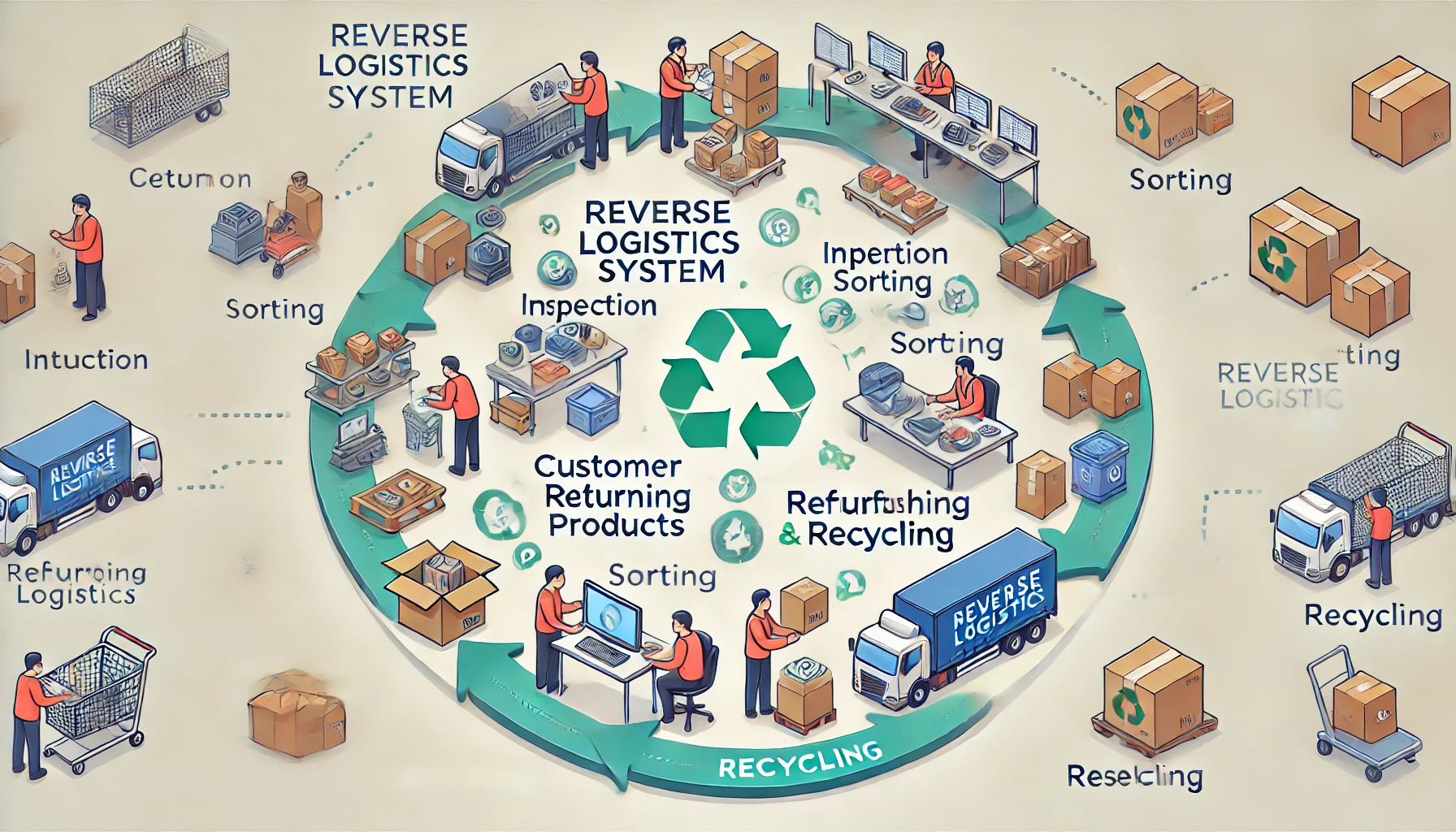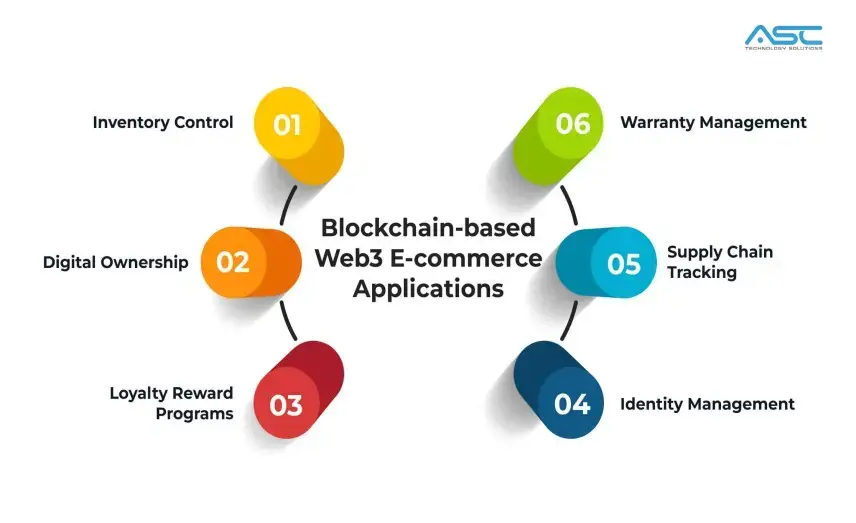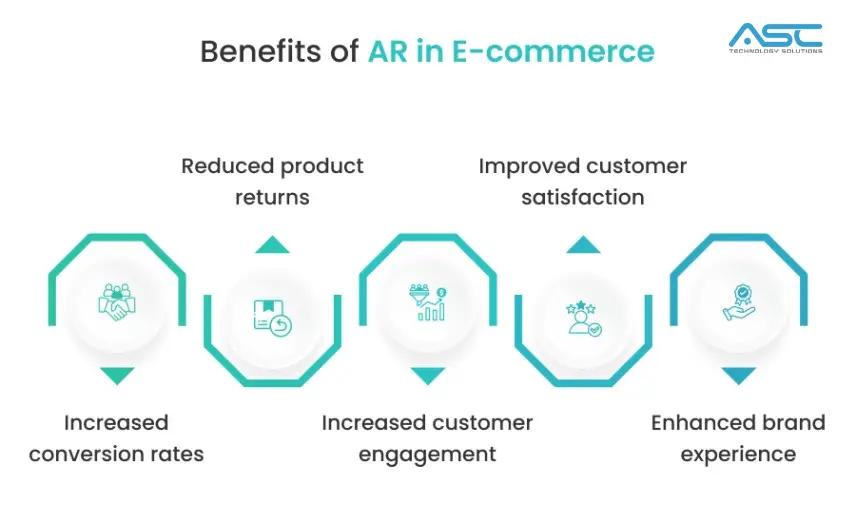You will be shocked to know that there are more than 4.4 million apps on the Android Play Store and Apple’s App Stores that fuel over 15 billion smartphones!
So, if you want to be in the race to build a scalable mobile app, you need to choose between Native or Cross Platform for the app development.
What is Native App Development?
Native mobile apps are basically applications developed either for Android or iOS. When developing apps for Native Android or Native iOS, the tools, frameworks, and languages are different for both platforms.
Native Android apps use Android Studio as an IDE and Kotlin or Java languages for coding. On the other hand, iOS uses Xcode as IDE and Objective-C or Swift languages for coding.
As a result, you will need two different teams and development departments to develop two apps for Android and iOS.
What is Cross-Platform App Development?
Cross-platform is the process of developing mobile apps that can work on multiple platforms with a single codebase. To develop a cross-platform app, the mobile app developers utilize tools such as React Native, Xamarin, and Flutter to deploy the apps on both Android and iOS platforms.
What Should You Consider: Native or Cross-Platform
Choosing one platform for your next mobile app development is an essential decision that requires several factors, which you can read below.
Performance
Some app types, like high-end games, require excessive computing power. In such scenarios, having a native app would be the best choice.
If you had chosen cross-platform, it would have required more effort and native-like expertise to run that same game.
Security
Security plays a very important role in maintaining the trust and reputation of your business. For some app types, like banking apps, the risks of losing user’s trust can be significantly high.
In such an instance, choosing Native app development would be the best choice as it offers robust security features like file encryption and intelligent fraud detection with the help of certain OS libraries.
Cross-platform apps are faster to develop, but Native provides better security and stability.
Cost to Develop
Native app development can cost a fortune, as it requires two different teams, a testing environment, and different resources to develop and deploy just one app.
However, if budget is an issue, you can choose Cross-Platform app development as it offers almost similar performance, look and feel, and features of Native performance within half of the cost.
Final Thoughts
Both these app development platforms are the best in their class. However, if you want a more performance—and security-oriented app, choose Native app development. If you are low on budget and want faster deployment while needing Native-like performance, it’s best to choose Cross-Platform app development.
